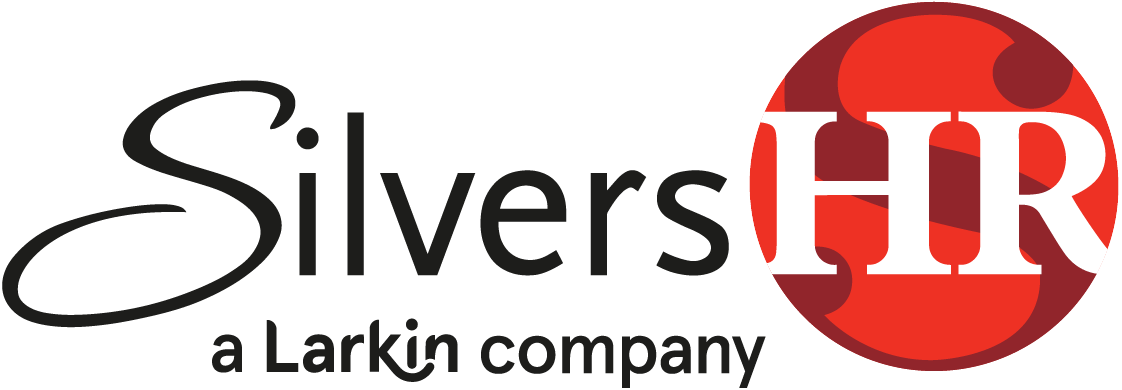By Jennifer Lippi, JD, SPHR, PHRca
As COVID-19 vaccines become more readily available, many employers are asking if they should require employees to get vaccinated. The Equal Employment Opportunity Commission (“EEOC”) has said that if the employer can show that, based on the unique circumstances of the work environment, a failure to be vaccinated would pose a “direct threat” to the health and safety of co-workers or third parties, mandatory vaccines are permissible. Receiving the vaccine itself does not constitute a medical exam or reveal any private health information, so employers may ask for proof of vaccination. Exceptions must be made for employees who cannot be vaccinated because of disabilities or due to sincerely held religious beliefs. Employers do not have to accommodate secular or personal medical beliefs about vaccines. Industries where non-vaccinated employees can put customers, fellow employees, or the general public at risk will have a stronger argument for requiring employee vaccinations.
From a wage and hour perspective, employers mandating the vaccine will have to pay for the vaccine, and any associated time and travel. There is also potential liability that could arise from mandating the vaccine, including time off or workers’ compensation claims arising from illness or side effects of the vaccine. Discrimination claims could also arise from such a mandatory program. Practical considerations include employee morale and retention. Some employees may choose to no longer work for an employer because of their vaccination policy.
As an alternative to a mandatory program, many employers are instead strongly encouraging the vaccine. Incentives to get the vaccine may include small gift cards, extra time off, or bonuses. Keep in mind that depending on the size and facts surrounding the incentive, there may be wage and hour implications, such as needing to be included in the regular rate of pay for overtime purposes. Incentives also cannot discriminate against individuals who are not vaccinated because of medical conditions or religious beliefs. That means that if you offer a $25 gift card to employees who get vaccinated, you have to give the $25 gift card to the employee who cannot be vaccinated due to an underlying medical condition. Employers may ask for proof of vaccination, such as a vaccination card. However, when an employee states they will not get the vaccine, employers have to ensure not to ask any disability related follow up questions of the employee.
The CDC has updated guidance for vaccinated employees in non-healthcare settings. Fully vaccinated people can:
- Visit with other fully vaccinated people indoors without wearing masks or physical distancing
- Visit with unvaccinated people from a single household who are at low risk for severe COVID-19 disease indoors without wearing masks or physical distancing
- Refrain from quarantine and testing following a known exposure if asymptomatic
For now, fully vaccinated people should continue to:
- Take precautions in public like wearing a well-fitted mask and physical distancing
- Wear masks, practice physical distancing, and adhere to other prevention measures when visiting with unvaccinated people who are at increased risk for severe COVID-19 disease or who have an unvaccinated household member who is at increased risk for severe COVID-19 disease
- Wear masks, maintain physical distance, and practice other prevention measures when visiting with unvaccinated people from multiple households
- Avoid medium- and large-sized in-person gatherings
- Get tested if experiencing COVID-19 symptoms
- Follow guidance issued by individual employers
- Follow CDC and health department travel requirements and recommendations
For the purposes of this guidance, people are considered fully vaccinated for COVID-19 two or more weeks after they have received the second dose in a 2-dose series (Pfizer-BioNTech or Moderna), or 2 or more weeks after they have received a single-dose vaccine (Johnson and Johnson /Janssen.)
It should also be noted that as of the date of this publication, the California Department of Public Health (“CDPH”) has yet to adopt this guidance. The CDPH does have a limited quarantine exemption for vaccinated employees. Vaccinated people who have been exposed to someone with suspected or confirmed COVID-19 are not required to quarantine if they meet all of the following criteria:
- Are fully vaccinated (it’s been 2 weeks or more since getting the second dose in a 2-dose series, or 2 weeks or more since getting one dose of a single-dose vaccine);
- Are within 3 months of getting the last dose in the series; and
- Have had no symptoms since the exposure.
Employees who do not meet all 3 of the above criteria should follow current quarantine advice. Fully vaccinated persons who do not quarantine should still watch for symptoms of COVID-19 for 14 days following an exposure.
At the end of the day, there is likely no such thing as a “risk free” vaccination program or incentive program. Employers wishing to institute a mandatory vaccination policy should consult with legal counsel.
